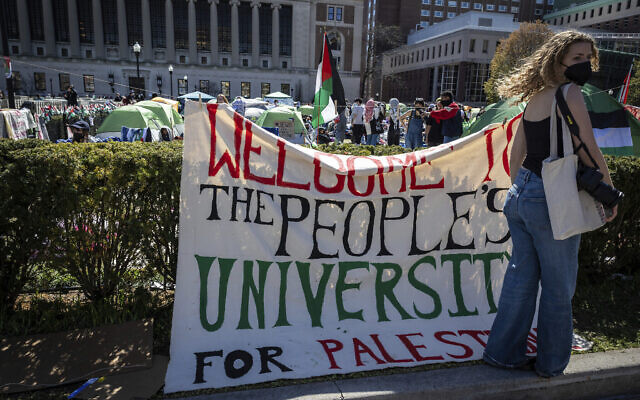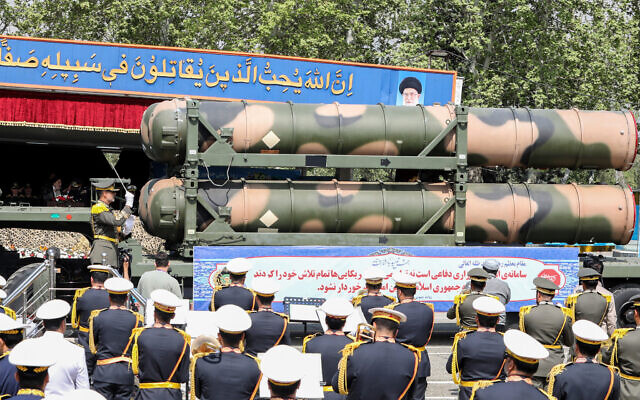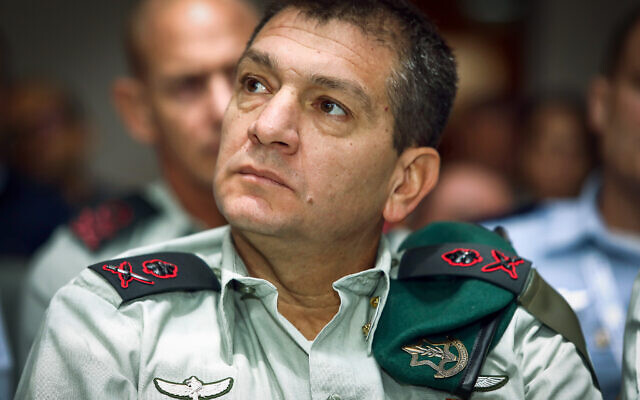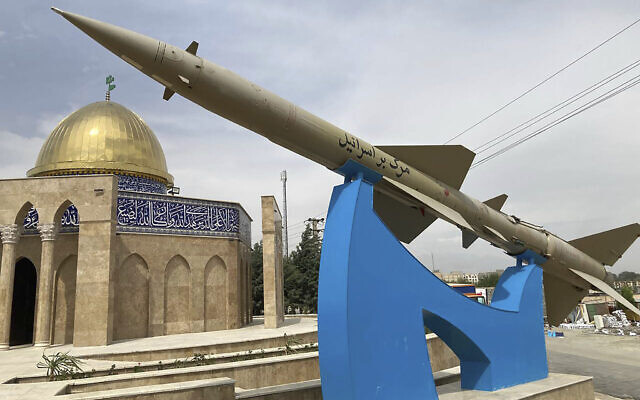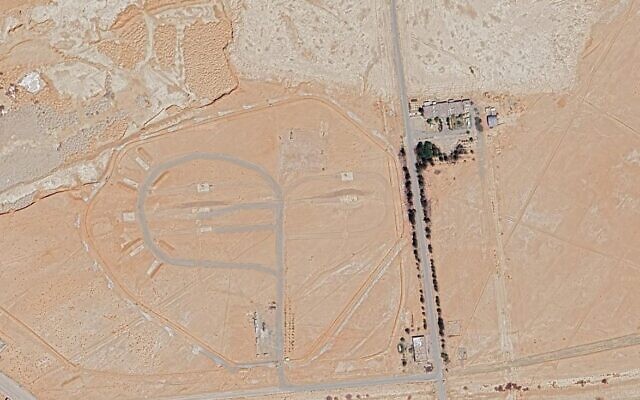With no crucial EU aid since start of year, Palestinian PM heads to Brussels
Shtayyeh will meet with senior EU officials to discuss lack of European budget support and the PA’s ongoing fiscal troubles; diplomats say funding gap is due to ‘technical issues’
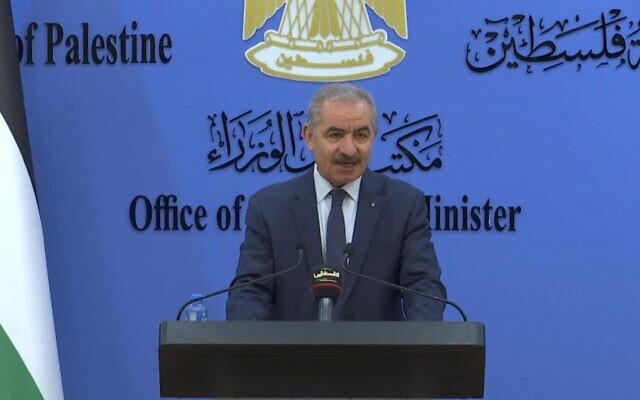
Palestinian Authority Prime Minister Mohammad Shtayyeh will meet in Brussels with senior European Union officials this week to discuss foreign aid to his cash-strapped government, which has received no EU funding since the beginning of 2021.
“Shtayyeh will meet with officials in Brussels on Tuesday and Wednesday. He will meet with the head of the European Parliament and EU Council President [Charles Michel], and several other EU decision-makers,” a diplomatic official told The Times of Israel Sunday.
“This trip is important for political reasons, as well as the financial matter, which Shtayyeh will discuss with the officials,” added the official, who spoke on condition of anonymity.
The diplomatic official expressed hope that some EU aid to the PA could start flowing again following Shtayyeh’s visit: “We expect to see a tranche of funds within the coming weeks, but matters will become clearer following his trip.”
A spokesperson for the Palestinian premier did not respond to a request for comment.
The European Union is the Palestinian Authority’s largest single donor. But citing “technical difficulties,” the bloc has not donated any aid to the authority so far this year. EU funding helps to pay the salaries of the PA’s many civil servants, who constitute a significant chunk of the West Bank economy.
“[There are] internal processes of agreeing on the overall amounts for the entire neighborhood programs… This is a complex bureaucratic procedure that has been drawn out, as well as disagreements as to what each country should get,” a Western diplomat in Ramallah told The Times of Israel in September.
International observers have expressed concern than an increasingly cash-strapped Ramallah could face financial collapse. The PA is set to see a budget deficit of nearly $800 million in 2021, according to the United Nations.
“The PA’s fiscal situation is reaching a breaking point. Expenditures far exceed revenues, and the gap is growing. Donor support, including direct budget support, continues its multi-year decline,” UN Middle East envoy Tor Wennesland said last week.
According to publicly available PA filings, Ramallah has received just $31.7 million in total foreign budget support so far this year. The figure contrasts sharply with 2019, when the PA had received $446 million by the end of August.
“In the past, we never saw foreign aid stop in this manner,” former Palestinian Monetary Authority chief Azzam al-Shawa told The Times of Israel in a recent phone call.
Most PA funding comes from customs taxes that Israel collects on its behalf. Foreign aid has historically made up the shortfall — ranging between 20 and 30 percent of the annual budget — although more and more countries have hesitated to provide budget support in recent years.
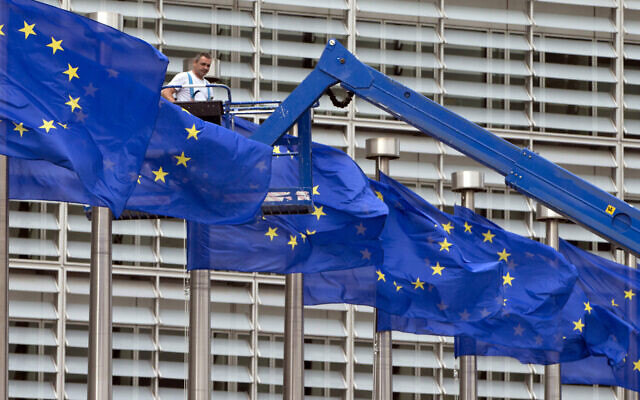
Israel also confiscated NIS 600 million from the taxes it transfers to Ramallah in July. Under a 2018 Israeli law, Israel regularly confiscates money from the revenues to penalize Ramallah for its policy of paying stipends to Palestinian security prisoners held in Israel, and the families of Palestinians killed during violent confrontations with Israeli forces — including those who committed terror attacks against Israelis.
As the prospect of a Palestinian fiscal crisis loomed in late August, however, Israeli Defense Minister Benny Gantz announced that Israel would loan back NIS 500 million, effectively circumventing the law.
“The situation is quite serious. If there’s no foreign intervention, we could soon see real challenges on the ground,” al-Shawa said.
The PA leadership has faced growing international criticism in recent months. PA President Mahmoud Abbas is currently 16 years into a four-year term that was set to expire in 2009. Since 2007, Abbas has ruled by executive fiat and imposed tightening restrictions on Palestinian civil society.
In January, Abbas issued a decree ordering the first Palestinian elections since 2005. The European Union prominently supported the effort. But Abbas later canceled the vote after polls indicated his own internally divided Fatah movement could face a humiliating defeat, blaming the cancellation on Israel.
The PA came under even more criticism following the June death of Nizar Banat, a well-known opposition activist. Banat was allegedly beaten to death by PA security forces during a nighttime raid on his Hebron hideout. His death sparked scattered protests calling for Abbas’s resignation, which were brutally suppressed by PA police.
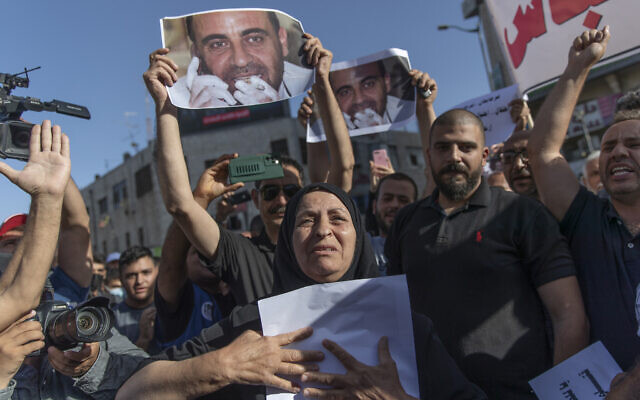
EU officials have consistently denied that the delay in budget support is connected to the cancellation of the elections and concerns over human rights.
“There has been a delay in the overall EU allocation for the region at large, the 2021 allocations for not just Palestine, but Jordan, Syria, and so on, have been delayed,” the Western diplomat in Ramallah told The Times of Israel.
According to the diplomat, once the “technical issues” are resolved, EU aid to the Palestinian Authority will likely face no such obstacles for the next three years.
“What’s under consideration is the 2021-2024 budget. So you won’t face the same issue next year, because the medium-term financial framework will have been approved,” the diplomat said.
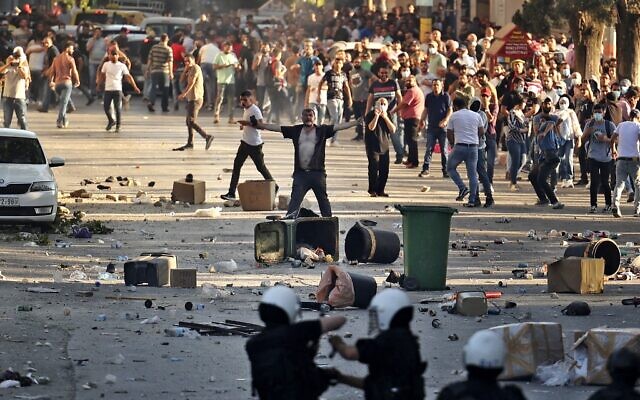
But donor countries have also become increasingly exhausted over what they perceive to be pouring funding into the stagnant Israeli-Palestinian conflict, raising fears in Ramallah that the aid spigot could be one day turned off.
“With the conflict as old and as protracted as it is, it would be a surprise if there were no fatigue,” another diplomat in Ramallah said, speaking on condition of anonymity.
The diplomat stressed, however, that their government remained committed to development projects for Palestinians in the West Bank.
Other foreign donors have raised concerns over alleged corruption in the West Bank, which they say limits their ability to aid Palestinian economic development.
“If we are going to be able to completely support economic development, we of course cannot have corruption on such a level as there is in Palestine,” Swedish Foreign Minister Ann Linde told Sweden’s public broadcaster on Tuesday, before her meetings with officials in Ramallah.
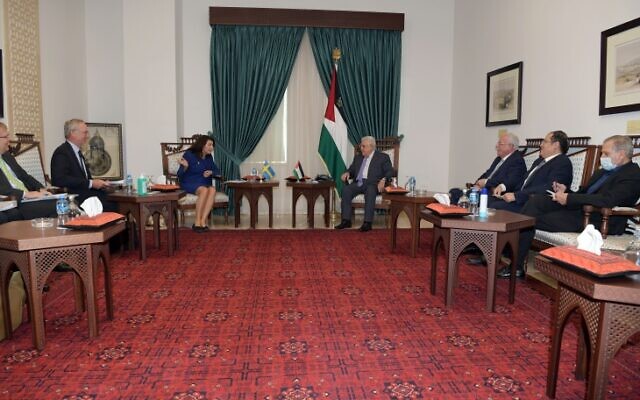
The Swedish Foreign Ministry later said in a statement that reducing corruption was an objective in Sweden’s five-year development plan in the West Bank and Gaza.
“Fighting corruption is an important part of Sweden’s development cooperation with all partner countries, not only with Palestine,” the Foreign Ministry’s Press Office said.



